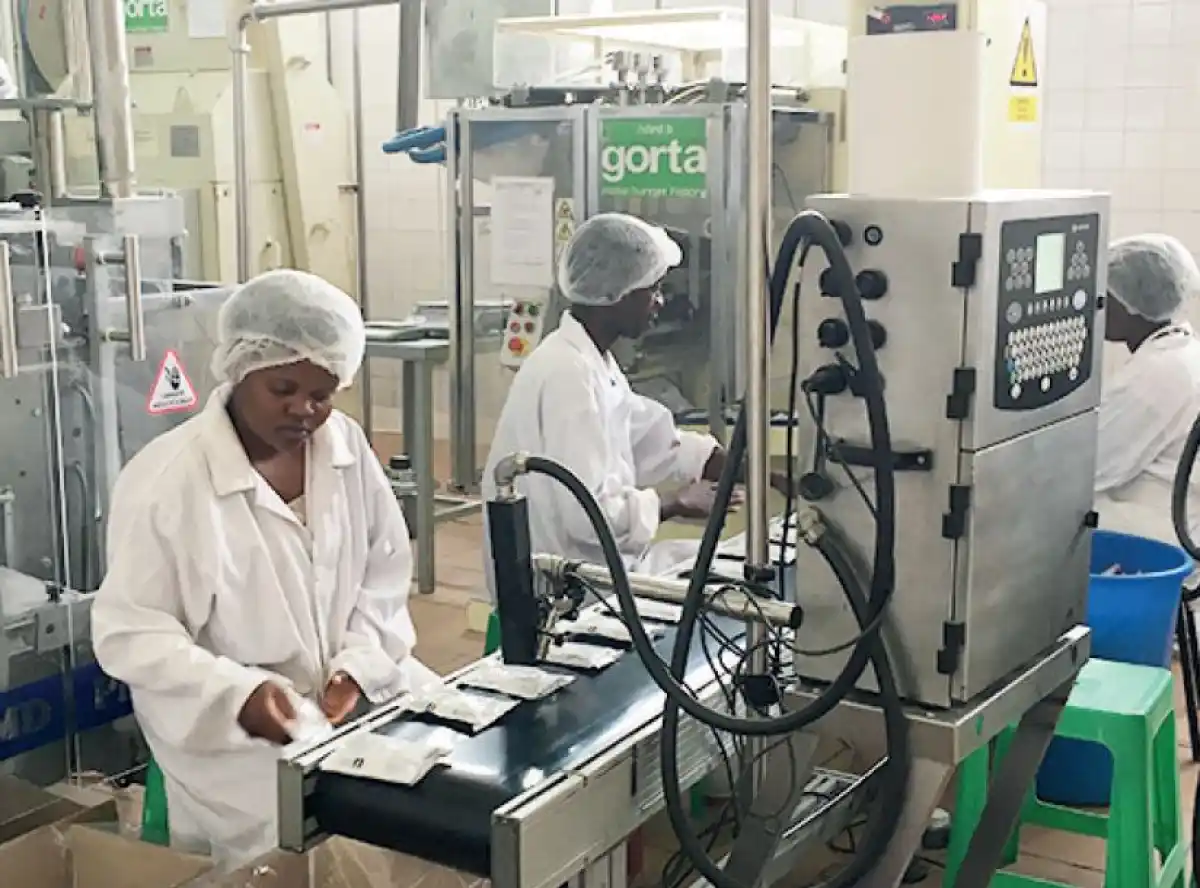
The International Monetary Fund (IMF) has predicted that the local economy will swell by four percent next year.
The IMF made the prediction in its World Economic Outlook for October released on Tuesday.
In recent years, Malawi’s economy has remained subdued due to a number of shocks such as cyclones, droughts and pandemics.
The Bretton Woods institution has also trimmed Malawi’s growth project for 2024 to 1.8 percent down from two percent predicted by the IMF Mission team which visited the country up to May 23.
Scotland-based economist Velli Nyirongo yesterday said the IMF’s prediction that Malawi’s economy will grow by 4 percent next year, up from 1.8 percent this year, signals potential economic recovery after a challenging period.
According to Nyirongo, for an economy that has struggled with high inflation, stagnant growth and external shocks, this forecast suggests that key sectors, such as agriculture, services, and industry might experience a rebound, driving overall economic performance.
He observed that a four percent growth rate could mean more job opportunities, improved public revenue and an uptick in investment, which could boost Malawi’s socio-economic landscape.
Nyirongo was however quick to note that the extent to which this growth would impact the general population depends on how inclusive it is, especially in addressing poverty, unemployment, and inequality, which have been exacerbated by the country’s vulnerability to climate change and external debts.
Additionally, Nyirongo said such growth would need to be sustained with sound fiscal management, policy reforms, and investments in infrastructure and human capital to foster long-term economic stability.
“Given Malawi’s dependence on agriculture, improvements in this sector, along with favourable weather conditions, could be crucial to realising this predicted growth.
“However, external factors such as global commodity prices, inflationary pressures and the resolution of debt crises will also shape the actual outcome,” Nyirongo said.

Blantyre-based economist Marvin Banda on Wednesday said lags to macroeconomic fundamentals as well as the human element has ensured that Malawi remains on a prolonged road to economic recovery.
This, according to Banda, means that projected GDP growth will be relative to the underperformance of the economy in 2024.
“The country has to be optimistically cautious because macroeconomic projections are not iron clad and are susceptible to revision based on prevailing economic conditions.
“The report also projects inflation to lower to an average 21.9 for 2025, which is a bit optimistic considering the availability and price of farming inputs including fertiliser, of which only about one out of five is subsidised by the government. We know that maize is the biggest contributor to the Consumer Price Index with a weight of over 53 percent,” Banda said.
According to Banda, Malawi is called up to make policy pivots towards sustainable fiscal practices that do not undermine the efforts of monetary policy.
Finance Minister Simplex Chithyola Banda said it is encouraging to note that IMF has predicted strong growth for the local economy in 2025.
According to Chithyola Banda, measures put in place, including economic reforms, are signaling the projected increase of four percent.
“This is so because government has for once focused on production resulting into expansion of the export base. Remember, in the second half of next year Magwero Industrial Park will start operating doing more on production, value addition and increased foreign earnings
“But also the green economy will inject more into our GDP including the carbon financing, mining activities as we have now signed MDAs that will allow the mining activities to take place in this country,” Chithyola Banda said.
He added that from the ATM strategy, mega farms will help produce more for both domestic consumption and exports.
“The high expectations on tobacco proceeds will also help our economy to grow as we will be able to build up forex reserves.
“We now have the resumption of the direct budget support which will help reduce the budget deficit and makes it easier for implementation of the same hence reducing more fiscal pressures,” Chithyola Banda said.








0 Comments